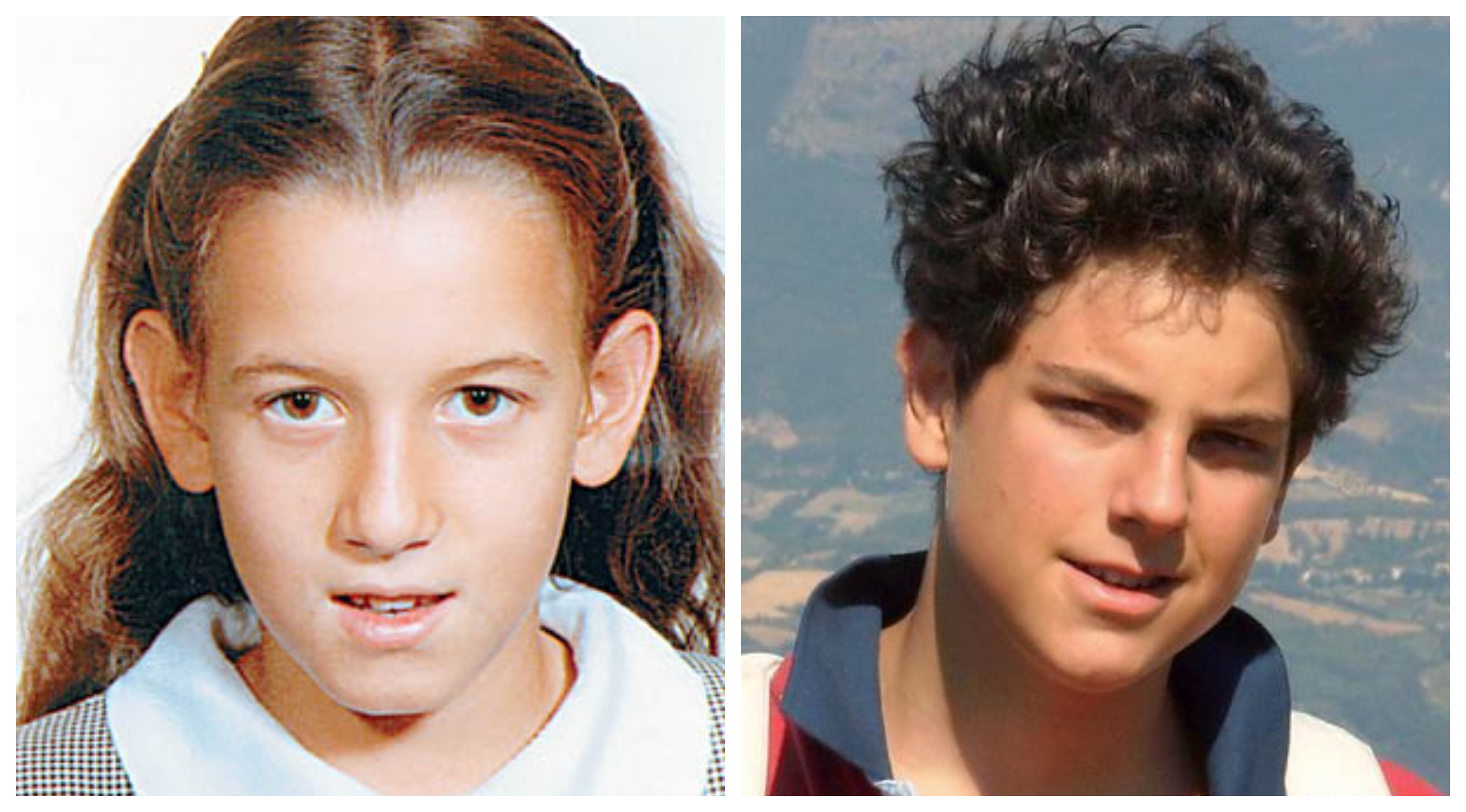-

-
Pope Francis has issued decrees advancing the Causes of four candidates, including two teenagers who heroically lived the Christian virtues.
At a meeting with Cardinal Angelo Amato, prefect of the Congregation for Saints’ Causes, the Pope signed a decree recognising the heroic virtues of Alexia González-Barros, who offered her sufferings from a malignant tumour for the Church.
González was born in Madrid in 1971. Her parents were members of Opus Dei and passed on their faith to their five children. She made her first Communion in Rome and the following day attended the weekly general audience on May 9, 1979.
She ran up to St John Paul II as he greeted pilgrims and received a blessing and a kiss from the pope.
Several years later, her life dramatically changed when doctors discovered a tumour that gradually paralysed her. Throughout her illness, she offered her sufferings for the Church and the pope, and would often pray, “Jesus, I want to feel better, I want to be healed; but if you do not want that, I want what you want.” She died on December 5, 1985, aged 14.
Pope Francis also recognised the heroic virtues of Carlo Acutis, a teenager who used his computer skills to catalogue Eucharistic miracles around the world before his death at the age of 15 due to leukaemia.
According to the website of his canonisation process, Acutis placed the Eucharist “at the centre of his life and called it ‘my highway to heaven.’” Before his death in 2006, Acutis offered his sufferings for Pope Benedict XVI and for the Church.
The other decrees signed by the pope recognised the heroic virtues of:
– Pietro Di Vitale, an Italian layman and a member of the Third Order of St Francis. He was born in Sicily in 1916 and died in 1940.
– Giorgio La Pira, the former mayor of Florence and a member of the Third Order of St Dominic. He was an advocate for peace during the Cold War and despite his stature in the international community, he lived in a small cell in the Basilica of St Mark in Florence. He died in 1977.
Recognising the heroic virtues of a person is one of the first formal steps toward canonisation. In most cases, a miracle attributed to that person’s intercession is needed for beatification, the next step toward sainthood.
Source: Catholic Herald





